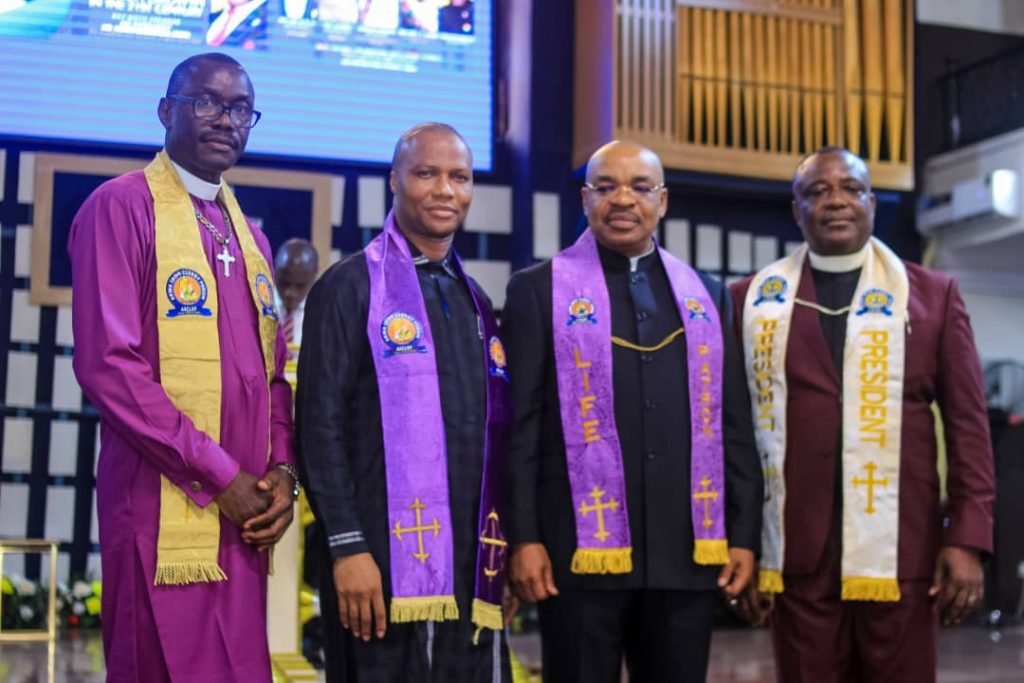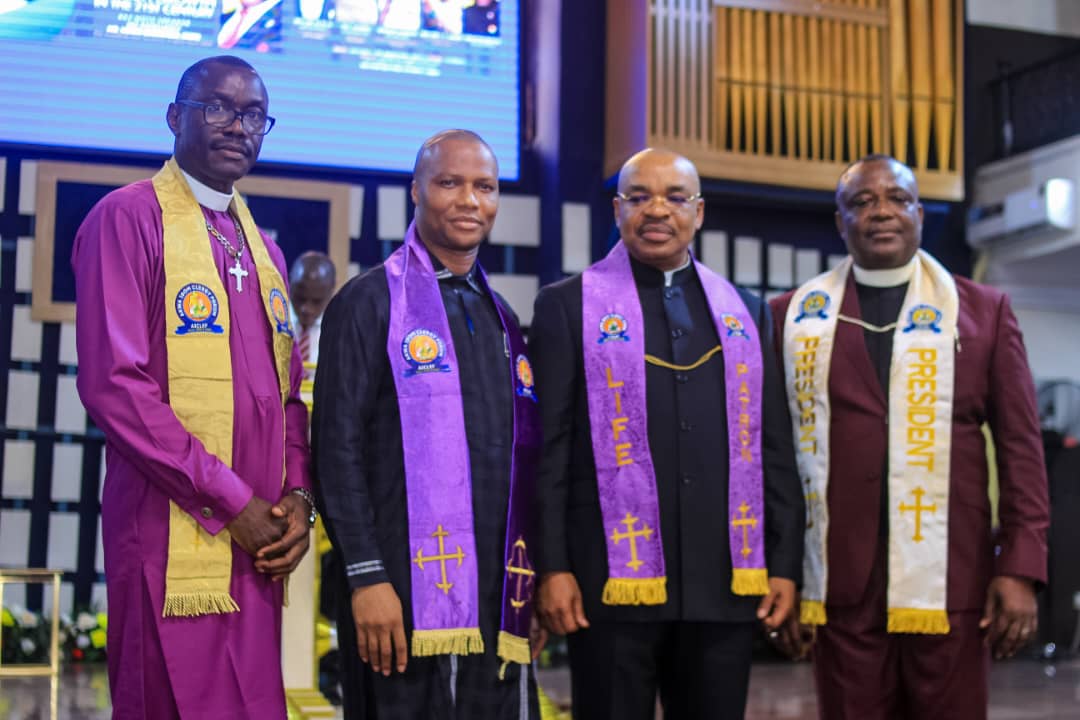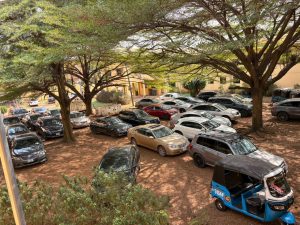Udom Emmanuel urges Nigerian churches to adopt financial intelligence at AICLEF seminar
3 min read
Udom Emmanuel urges Nigerian churches to adopt financial intelligence at AICLEF seminar
By Primetime Reports
🌿 Ruzu Non-Alcoholic Herbal Bitters
Ruzu Non-Alcoholic Herbal Bitters is a natural health supplement specially formulated to:
- ✅ Promote general wellness
- ✅ Detoxify the body
- ✅ Support the treatment of various ailments
Made from a powerful blend of 100% organic and medicinal herbs, Ruzu is completely alcohol-free, making it ideal for:
- 👪 All age groups
- 🌱 Health-conscious individuals
- 🌿 Anyone seeking non-alcoholic herbal remedies
Whether you're looking to boost your vitality, cleanse your system, or support healing the natural way, Ruzu Bitters offers a trusted herbal solution.
Former governor of Akwa Ibom State, Deacon Udom Emmanuel, has urged Nigerian churches to adopt financial intelligence, transparency, and accountability as key tools for growth and long-term impact.

Emmanuel made the call while delivering the keynote address at the annual leadership seminar of the Akwa Ibom Clergy Forum (AICLEF), which also featured an induction of new members and an awards ceremony.
“The only hope for Nigeria today is the church. Take away the church, take away what we are practicing – honestly, there’s no hope. We have a major role to play,” Emmanuel told participants.
The former governor, who was formally inducted into AICLEF and honoured with a leadership award, described church financial intelligence as “the disciplined, transparent, and mission-aligned management of God’s resources so that the church can thrive in every season and multiply its impacts across generations.”
He outlined five key dimensions:
1. Stewardship – treating church funds as sacred resources.
2. Accountability – separating personal and church finances, with open reporting.
3. Sustainability – budgeting, building reserves, and diversifying income beyond tithes and offerings.
4. Mission Alignment – ensuring that financial spending follows the church’s vision and social impact.
5. Empowerment – equipping members with biblical and practical money skills.
“God never wanted you to be poor. If you don’t have, you are the problem of yourself, not God. The Bible says He gives us the power to make wealth,” Emmanuel added.
Emmanuel warned churches against depending solely on tithes and offerings, noting that such practices leave congregations vulnerable. He urged diversification into areas such as publishing, education, healthcare, and mission-aligned enterprises.
He also condemned unscriptural financial teachings, particularly so-called “miracle alerts.”
“Even to be a preacher, I will not teach my congregation miracle alerts. It doesn’t follow any biblical principle at all,” he said.
The seminar also witnessed the induction of new members into AICLEF, each pledging to uphold values of integrity, service, and accountability in ministry.
In addition, the fellowship honoured outstanding leaders for excellence in ministry, community service, and leadership development. Emmanuel himself received a special award for his service to the church and society.
“I went into government with my Bible, and I came out with my Bible. Today, I stand here to say integrity and financial intelligence must be the foundation of the church,” he declared after receiving the award.
Emmanuel ended his address with a call for financial discipline and discipleship:
“A church that lacks financial wisdom limits its impact. A church that embraces financial intelligence becomes resilient, credible, and catalytic in its generation. If we are faithful with what God has placed in our hands, He will entrust us with more.”
The seminar concluded with prayers for the Nigerian church and a renewed commitment by participants to apply financial intelligence in their ministries.





